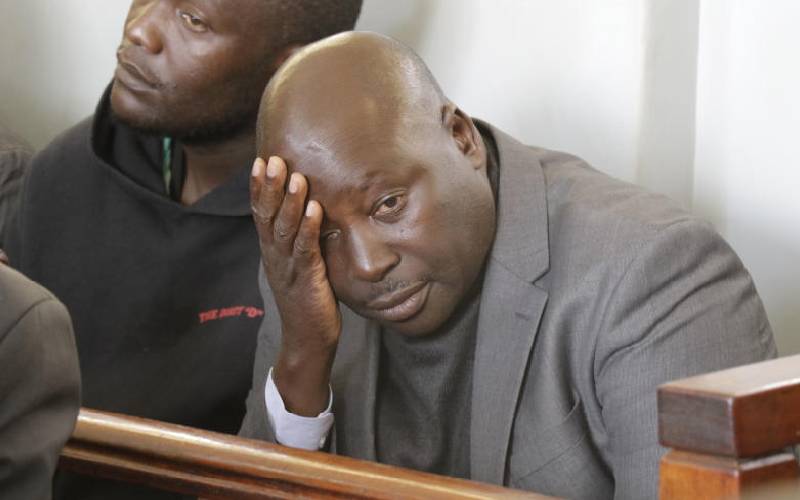×
The Standard e-Paper
Kenya’s Boldest Voice

Acting Director of Administration in the State Department for Gender Affairs Joseph Motari when he appeared in court. [File, Standard]
Public servants maliciously inflicting injury and emotional distress to citizens will have no personal protection and immunity afforded by virtue of their office, a court has ruled.